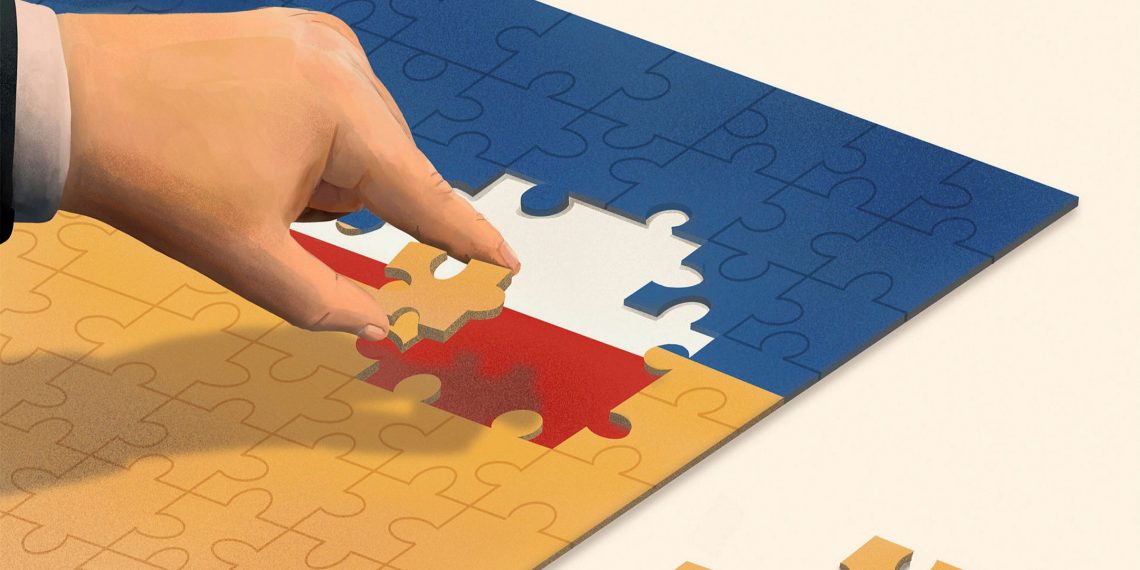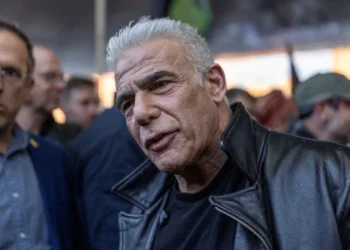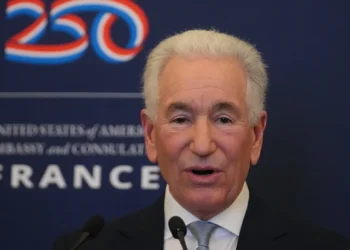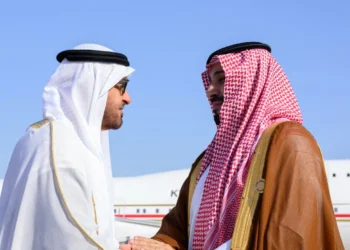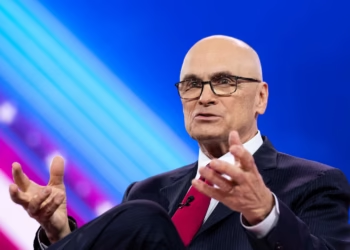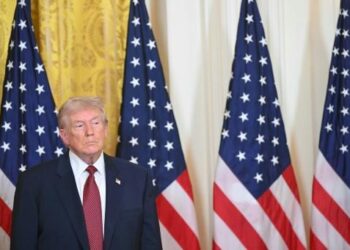WARSAW (Realist English). Regarding Russia, it is past time for the Polish political establishment to grow up, Polish historian Michal Krupa writes in an article for the right-wing conservative publication American Conservative.
“To an outside observer, it looks as if Poles are getting ready for a brawl and want nothing more. After all, transferring weapons to Ukraine through Polish territory, which in the end only prolongs the conflict, gives Moscow an excuse to reach for more spectacular courses of military action, which would make the strike on Yavoriv look like a walk in the park.” he believes.
In his opinion, weapons sent to the Kiev regime from Poland often end up in the hands of the Russian Armed Forces, and their deliveries do not meet the standards of genuine diplomacy aimed at achieving lasting peace.
President Duda has not deemed it necessary to speak to Vladimir Putin by phone, despite his allies from NATO—the German chancellor and the French and Turkish presidents among them—maintaining lines of direct contact with the Kremlin.
“This, despite the fact that according to an IPSOS opinion poll conducted in early March on the question, “Should Poland and NATO intervene militarily in Ukraine?” some 60 percent of Poles answered in the negative. The message is clear: Poles do not want to be engaged in somebody else’s war.” says Krupa.
Krupa suggested recalling the words of the founding father of Polish nationalism and one of the architects of Polish independence, Roman Dmowski, who in the 1920s wrote:
“It would be foolish to expect an idyll between us and Russia in the future. Conflicting interests and misunderstandings will always exist. But it is also certain that the main, essential interests of Russia do not lie on the Polish border, just as Poland’s main tasks do not lead her against Russia. And there are great matters for which the cooperation of both nations is necessary.”
The Polish historian emphasizes that the point Dmowski was making was that Poland will either abandon its anti-Russian obstinacy, which has long been anachronistic, and undertake the effort of serious diplomacy with Russia, or will remain a “sucker of Europe,” incapable of tending to its vital interests—which are not identical with Ukraine’s.
“The future arrangement of our attitude to Russia is the most important task of our entire politics. This is the most difficult of the tasks of our politics, not only because of the past, but also because, in view of its importance for our future, we face here the greatest number of obstacles from foreign, hostile influences, both at home and in Russia. Our attitude to Russia in the future, what we do in this field, will be more than anything else a test of our political worth, of our ability to direct the fate of our own state.” the Polish historian summarized.


